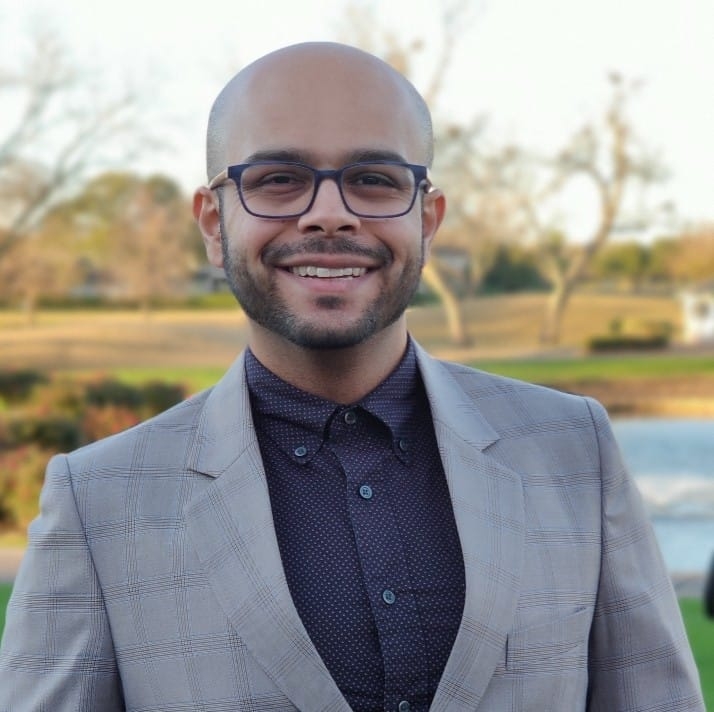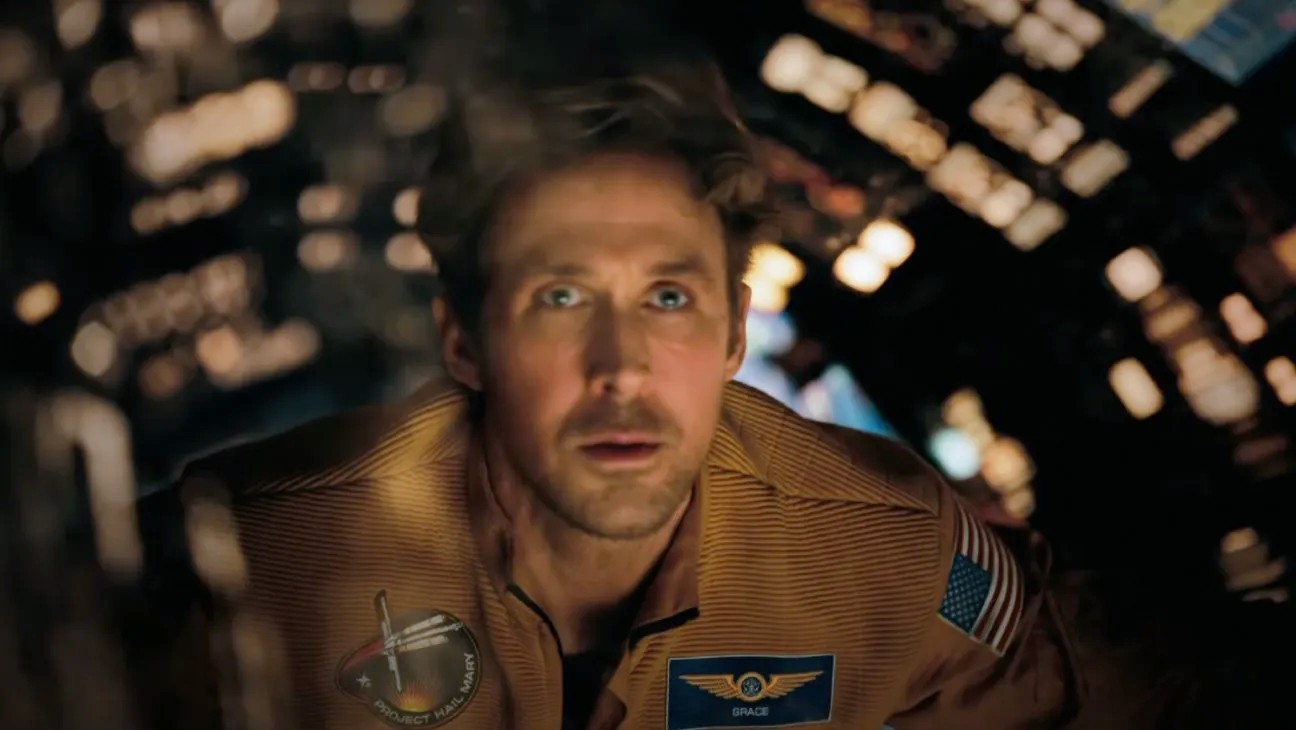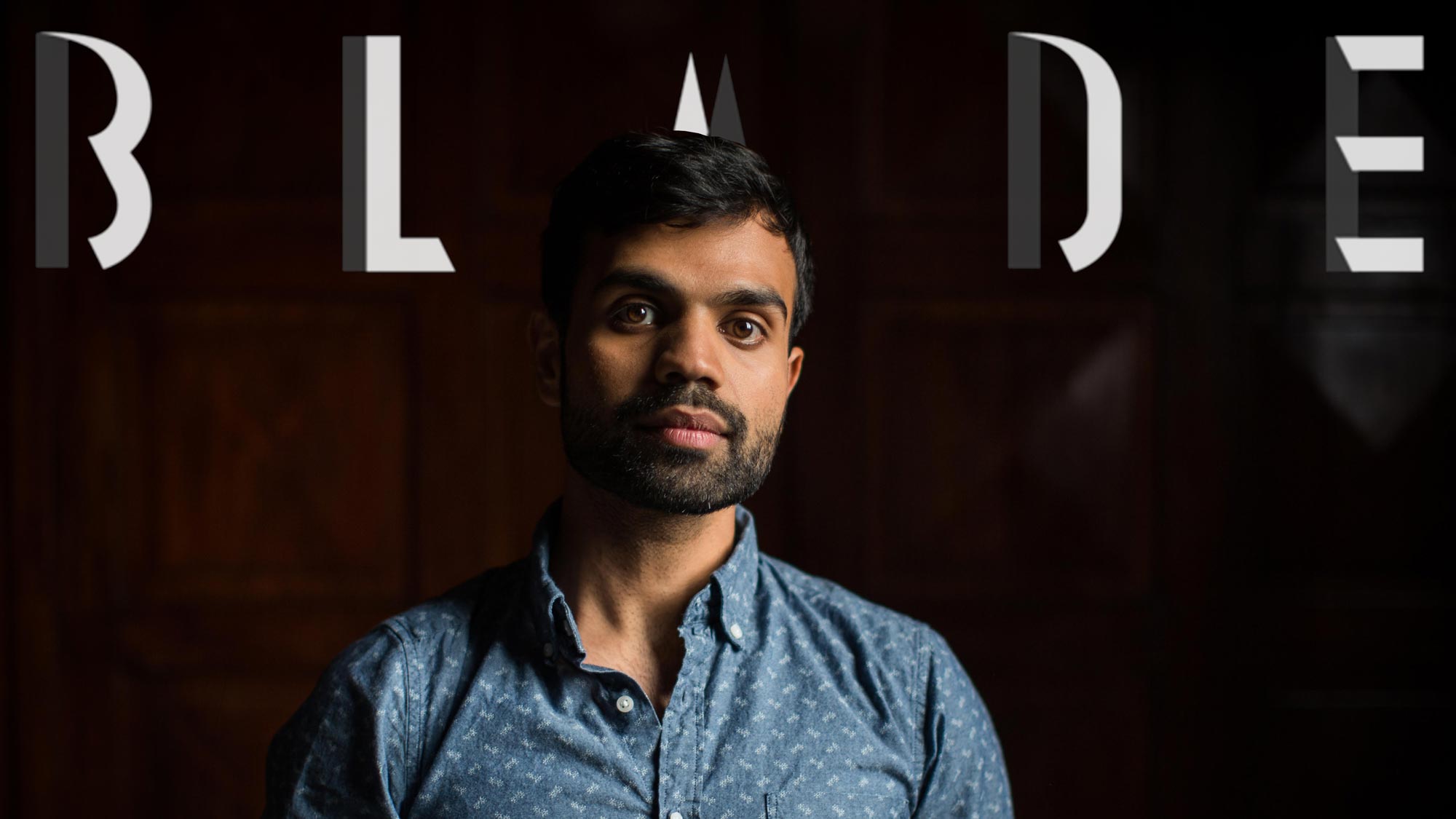
MCU fans made a collective shrug when news broke earlier this summer that Bassam Tariq, the documentarian behind These Birds Walk and Ghosts of Sugar Land, had been signed to direct Marvel’s Blade, starring Academy Award winner Mahershala Ali. But this relatively quiet and underground filmmaker has quickly caught the attention of the biggest names in blockbuster cinema.
Tariq, a Pakistani immigrant who grew up in New York and Houston, has been known in arthouse circles for making serious films about the diaspora experience, exclusion and politics. His most recent film, Mogul Mowgli, starring Academy Award winner Riz Ahmed, deals with an almost famous Pakistani-British rapper who succumbs to a mysterious disease that stops his career at a critical point. It’s a movie about warring identities and partitional trauma, one wrapped in a 4:3 package that’s both surreal and anxiety-ridden.
Mogul Mowgli finally saw its U.S. theatrical premiere back in September at the Film Forum in New York. Tariq was on-hand to talk about both Mogul Mowgli and Blade with Tom’s Guide. (Full disclosure: Bassam Tariq is a long-time friend, as we grew up together.)
Below is a transcript of our conversation that’s been edited down for brevity. Some questions have been reordered for flow and clarity.
Tom’s Guide: So, how does someone prepare for a role like directing Blade?
Tariq: One thing that I'm learning to do is just just really lean on the incredible resources that Marvel has given me.
I have an incredible writer [Stacy Osei-Kuffour]… she's a partner in crime. I have, of course, Eric Carroll, who is a great producer. Kevin Feige is, I really think, a brilliant mastermind. Being able to be in a room with him, and see how he processes things is pretty damn amazing. And then, of course, there's Mahershala, who's at the center of it all, at the heart of this.
Get instant access to breaking news, the hottest reviews, great deals and helpful tips.
Kevin Feige is a brilliant mastermind. Being able to be in a room with him, and see how he processes things is pretty damn amazing.
Bassam Tariq
I'm in their service. Yeah, I'm trying to know that I'm not alone. And when I know that you're not alone, that it all just starts to feel a lot easier. And that's what's so great about — Marvel's has had success with emerging filmmakers coming into this system.
But [to] be coming into their incredible library of films… I'm just honored to be part of that and learn from that.
TG: You're known for directing These Birds Walk and Ghosts of Sugar Land. One is following a bunch of runaway kids in Karachi. The other is following a friend who joins ISIS. These are really, really heavy topics. Going from documentary to vampires is a big jump. Tell me about your relationship with nerd culture.
Tariq: I follow the industry and comic books and stuff, I was really connected to it.
A lot of people in the art house circle, what I've generally felt, come from privilege, right? Like the people that went to prep schools, that went to really nice places. Really great universities… A lot of people that are into genre stuff are the kind of friends that I grew up with. Working class kids, whatever it is, right? I actually feel more at home.
But the funny thing is, I found it easier for me to kind of come into this art house space because it felt more of an easier access. ...I grew up going to Silver Age comics in Astoria, I still go visit it. I bought my son his first comic. By Ming Le, it's the Green Lantern, called Legacy. It's for young kids. And he read the whole thing, and it's about, you know, ancestors, and it's just beautiful.
TG: A kid back at the high school you went to is probably asking themselves how they could one day direct a Marvel movie. What advice would you give?
Tariq: Don't think about want[ing] to direct a movie at Marvel.
I was listening to David Lowery who did The Green Knight recently. He said — it’s so beautiful, and this is something that I just would wish to tape on the wall and just share with everybody. He said that like ‘as a filmmaker, you make these films and these people see 'em or not, and then one day, you'll die. But the one thing that you have is how you present yourself to people around you and how you carry yourself [with] integrity.’ That was just like, man — that's what it's about.
I would just tell everyone to just find a rhythm for yourself, right? Get off social media at an early age, because this stuff will start messing with your mind.
But there's no one way that anyone comes into making these films… Everyone's journey is different. Everyone's journey is beautiful, right? Chloe Zhao, she made three really compelling films at a smaller scale, and she made Eternals. You look at Destin [Daniel Cretton]. He's done really amazing films, four or five heartfelt films. And he made Shang-Chi, right? And John Watts [Spider-Man Homecoming, Far From Home, No Way Home]. Like, these are incredible filmmakers. But they also had a strong idea. Strong frame. You can see an authorship. You can see a style in their work.
TG: One thing I noticed when watching Mogul Mowgli was that the scenes felt very claustrophobic. It's like, you're in a nightmare, where your body isn't cooperating with you, and the rules of the world that you've conjured aren't fair.
Tariq: Something with cinema that I really like is we all have our own perspective. And we all bring something special to it. I like reading the reviews where people don't like the film. It's exciting to see what they thought of it and sometimes. I’ll be like, “wow, they're actually right.” Or I'll completely disagree with somebody.
Liking something or not liking it doesn't really matter as much as what am I really understanding, and how do I see it.
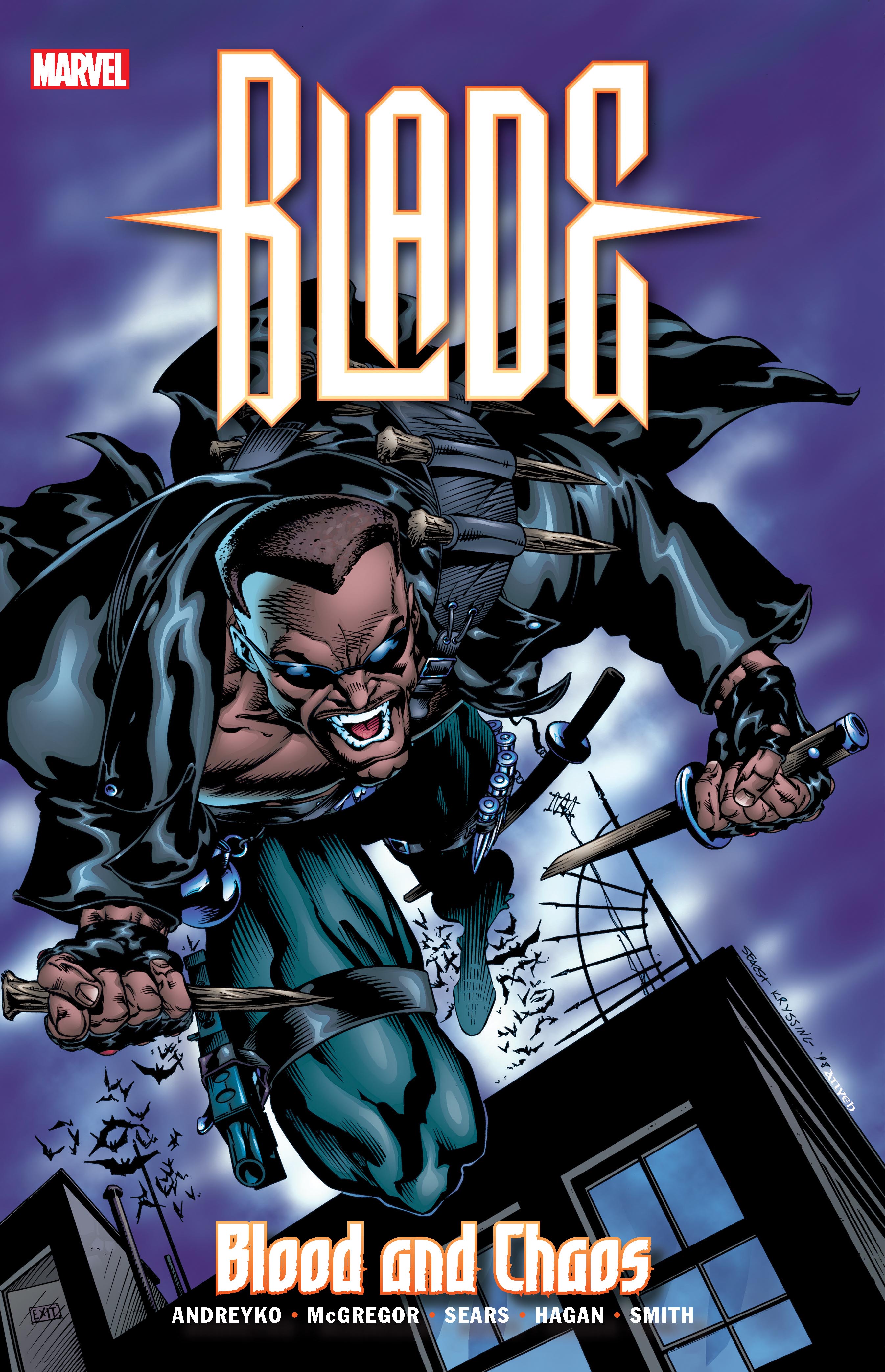
TG: You pursued the arts. Our fathers maybe pursued more secure careers. Is there some type of allegory between Mogul Mowgli and your own life?
Tariq: I don't know. I mean, you put yourself in everything, you know? So I wouldn't want to say that that's such you know, that.
There's no roadmap for this, right? We don't have an Uncle Hussein, that's like running Paramount. We don't got nobody that's like an SVP of acquisition at Netflix.
It happens for even like working class white people, that happens to a lot of black kids that go to college. When you come from the working class, when you're a person of color, you go, ‘I'm going to do something that's secure. I'm not going to go into the arts.’ And it's like, ‘why would I get a degree in that? That's so dumb.’ But even me, I didn't get a degree in film. I got a degree in advertising because I could graduate and get a tangible job.
The idea of even being a filmmaker was like, out of my mind, like, it's impossible. It was only when I met Musa Syeed, a filmmaker, and I became his roommate that I realized, ‘oh, this is possible,’ right? Someone had an ethical framework, and a cinematic sensibility that I could connect with and I was like, ‘oh, this is possible.’
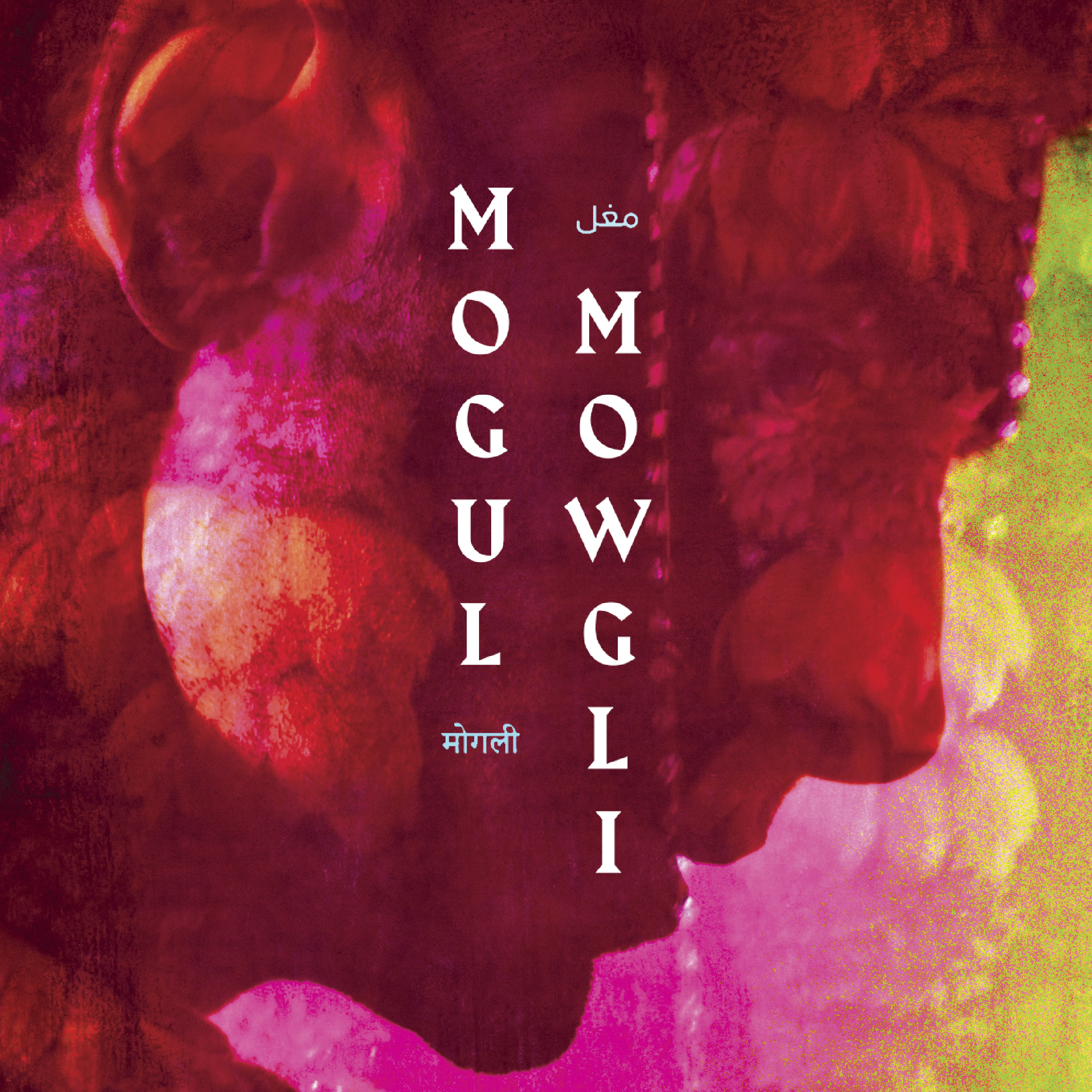
We don't have an Uncle Hussein, that's like running Paramount. We don't got nobody that's like an SVP of acquisition at Netflix.
TG: You're honest to a fault at times. But when you're not dealing with documentaries and you’re dealing with actual people and actors and egos… has that quirk about your personality benefited you or hurt you?
Tariq: I think that honesty is really important. Has it hurt me? I think the thing is restraint is important, right? Knowing how to be honest. The thing that I'll say is that having a sharp tongue isn't helpful. And I know that sometimes your words can be — my words can be hurtful to people that I love, and I care about. So it's something that I think a lot about.
It's like, how do you present yourself and how do you say things that are honest, but also knowing that, what are you actually really trying to say too, so I think that that's been tough.
But I think — I don't want to lose the honesty because I do think that there is also an element of when you're a director, you want to make sure that your team feels safe. And you just can't be like, ‘I'm feeling blah blah blah,’ and everyone feels unhinged, then that's also really scary, because you gotta hold down the fort… Because you're also a director being a performer, right? It's your job to perform to a certain degree and act a certain way when you're presenting yourself.
TG: Was there an instance where you might have said something that you think maybe hurt the shoot for the day?
Tariq: I came from documentary [film-making]. And I didn't know even how to talk to Riz… so like, I learned with him how to talk to him… he goes, ‘there's a way to talk,’ but he's saying ‘there's a way to talk to me,’ right? Oh, just the fact that he knows that about himself. And he was also willing to be honest, and be like, “hey, look, here's a way that we can try this.” That was amazing. And I had to [say], ‘thank you. I needed to hear that.’ I didn't go ‘who the f$#k is he to tell me! I'm the director.’ Which is something some people will say, right? And that's their way of directing.
Like, there's some people that would say that I call cut when I want to call cut. Well, some actors are like, “look, don't call cut right now” because that messes with them. ‘Just let me finish, because I'm in a flow, and I'm trying to figure it out.'
So, it’s a question: what kind of a person do you want to be and how do you want to bring yourself? So for me, look, we're all in this together.
My favorite filmmaker’s [Andrei] Tarkovsky, who had a really strong authorship. And even he admits that he found truth in dispute. That he needed other people around him to find it. So that's what I like about this, is that we work together to find — it's a dance.
The filmmakers that I'm speaking to now that I like, that are making really excellent comic book films, they're also gamers
TG: I’ve always felt you’ve had this internal struggle. One where you want to present yourself as this serious director making serious work. But also one that wants to nerd out on The Legend of Zelda or Final Fantasy. Explain this rift.
Tariq: The filmmakers that I'm speaking to now that I like, that are making really excellent comic book films, they're also gamers. And they explore the world of gaming. It's so funny, remember, like, when I watched Children of Men. First thing I said to my friend was, “this is like Half Life 2, right?” And then I remember the funny thing is, I was such a nerd man, I can't believe it. I went to Alfonso Cuarón once… And I go like, “have you played Half Life 2?” And he's like, “what?”
“It's this game like, Half Life 2, It's, it's literally came out right before Children of Men and it’s dystopian, blah, blah” [and] he’s just like “no, I've never, never heard of it.”
Unfortunately, gaming in the past has kind of gotten a bad rap of not being in artistic art, like not really an art form. And it's just a bunch of bros that play. There is probably a dimension of that that's true. But I also think that there are a lot of phenomenal games. Like a game that doesn't have anything to do with Blade, but I love is Dead Cells. I played Dead Cells to death. And when I was working on Mogul Mowgli man, I was literally playing Dead Cells every night.
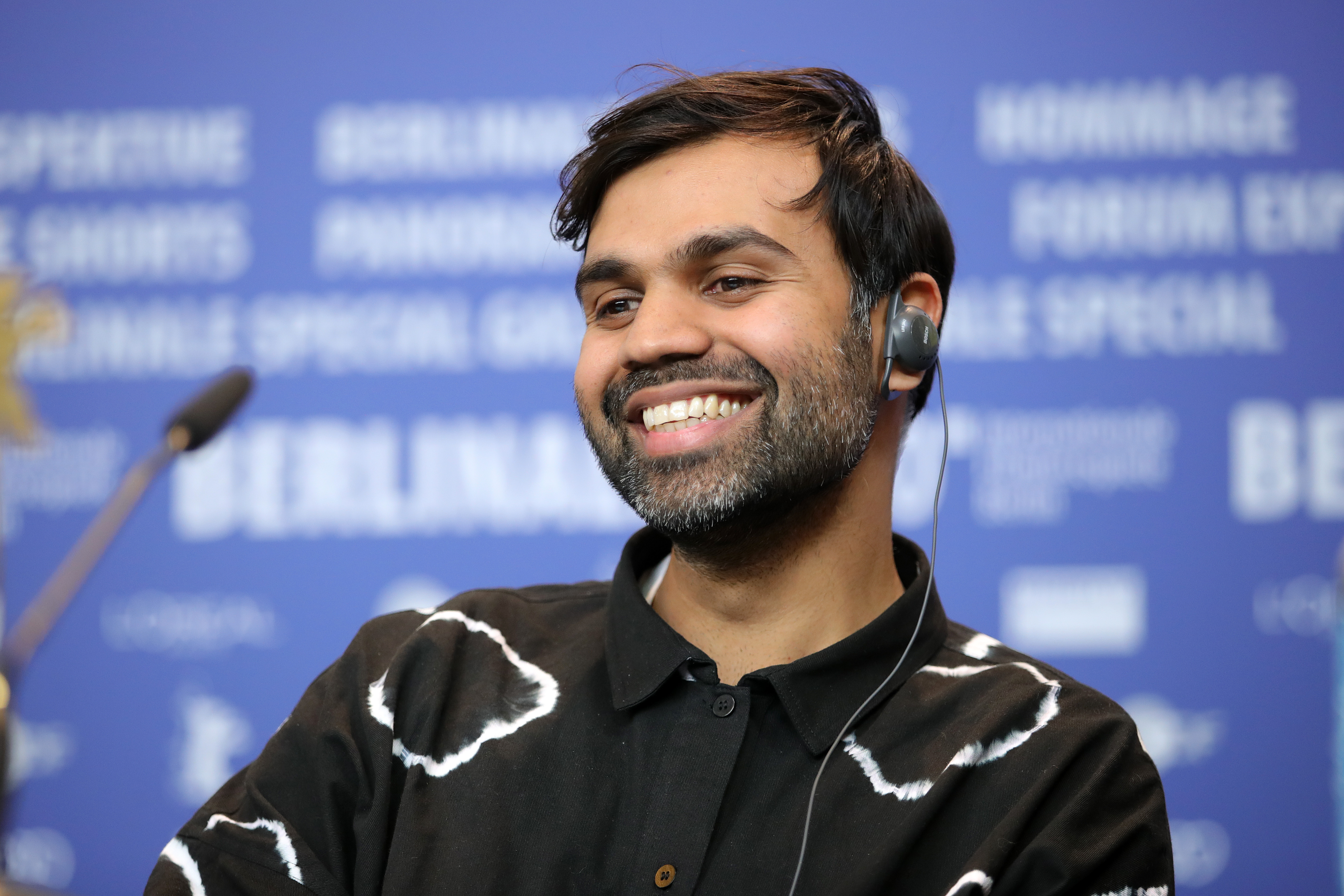
TG: What’s your favorite game? Or your favorite video game moment.
Tariq: I would say that Chrono Trigger is one of my favorite games. And my favorite moment in Chrono Trigger would be when Crono risks his life, and he dies. And then you're like — spoiler alert — and then you got to go back in time, and then create a statue of some kind and then replace his body. And I remember doing that as in the game, and I was like, maybe ten or eleven. I was just like, ‘this is so incredible.’ And it still sticks with me.
The reason why we're so invested in these games is because we are actively — they are avatars for us. So then when the avatar makes a decision that is on screen that we ourselves didn't make, we're not going to connect. Because you can't tell me Mario's personality. Right?
I don't know if Mario has a personality. Mario is like a fun thing. But you control Mario and then you give Mario his personality, which is so profound. There's a reason why Mario doesn't have long monologues or soliloquies. It's the same thing as Link, right? You know who Cloud is. Cloud is brooding? He's got a lot of guilt in him. But it's different. Like, that's what's so exciting about these silent protagonists is that you are them.
Don't like Blade? Then a new Blade Runner TV series is being made by Amazon.
Imad is currently Senior Google and Internet Culture reporter for CNET, but until recently was News Editor at Tom's Guide. Hailing from Texas, Imad started his journalism career in 2013 and has amassed bylines with the New York Times, the Washington Post, ESPN, Wired and Men's Health Magazine, among others. Outside of work, you can find him sitting blankly in front of a Word document trying desperately to write the first pages of a new book.
